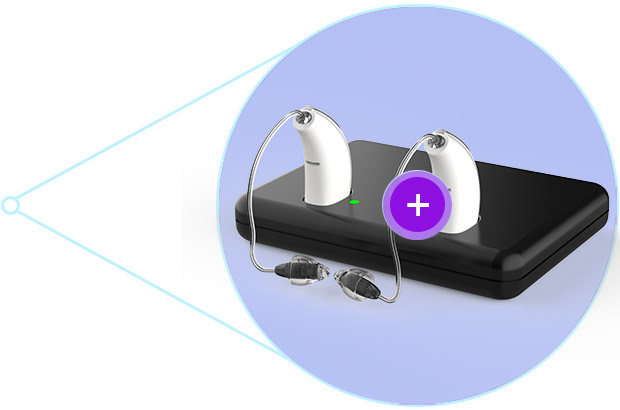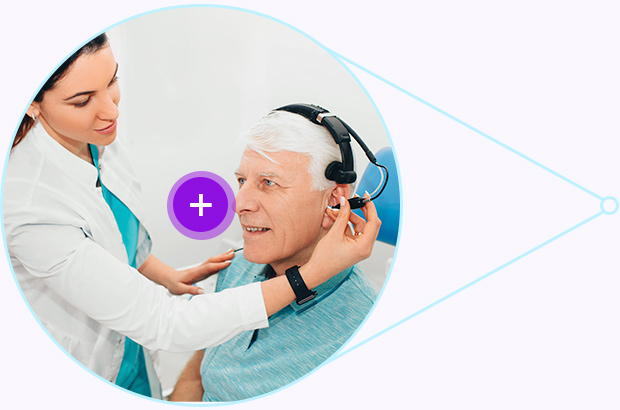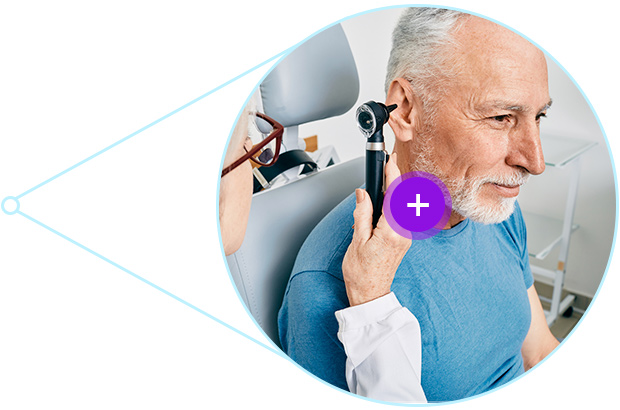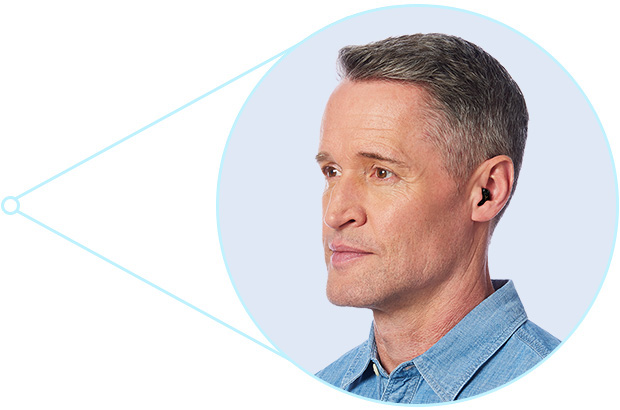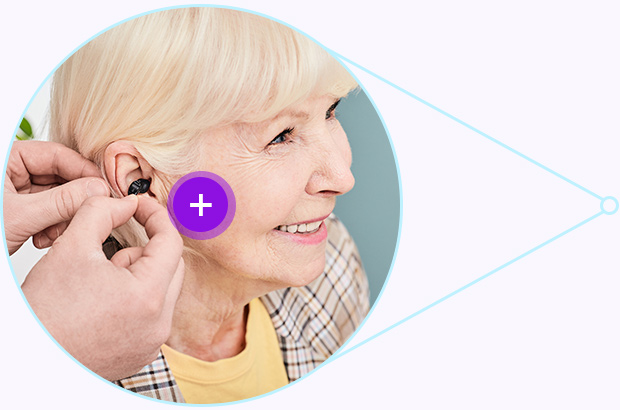Many people who use hearing aids find them to be a useful tool for improving their hearing and overall quality of life.
However, it’s important to understand that a hearing aid is not a cure for hearing loss and you will not become dependent on it in the same way that one might become dependent on medication.
It is an assistive device that can help you hear better, but it does not cure the underlying cause of hearing loss.
If you find that a hearing aid is not beneficial for you or you are experiencing difficulty adjusting to it, it is important to discuss this with your audiologist. They can help you explore other options or make adjustments to your current device to better suit your needs.


